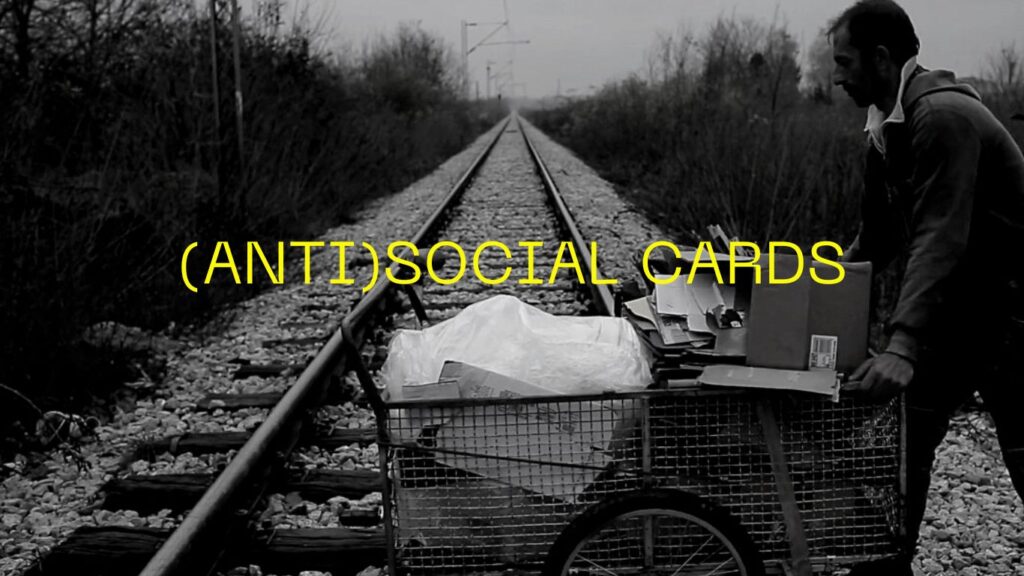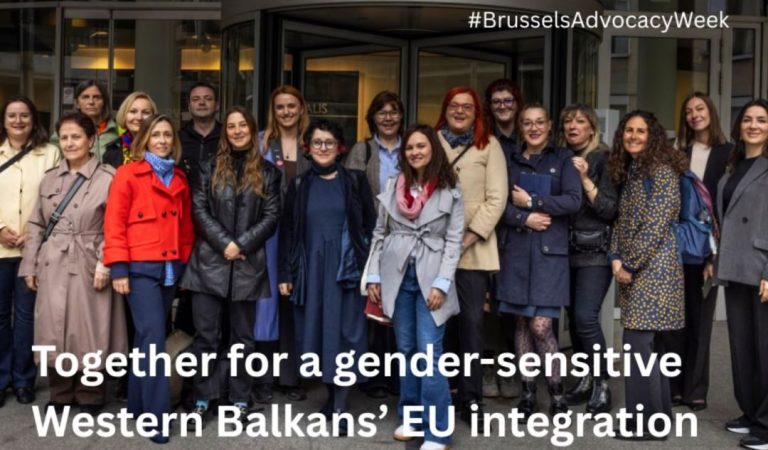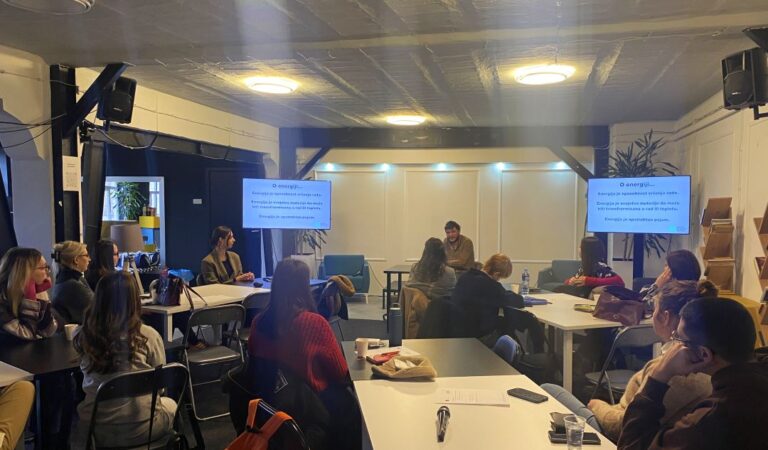The long-announced Law on Social Cards finally came into force in March of this year.
The competent authorities presented the law as an important step towards the enhancement of the social protection system: the automation is introduced in the decision-making of the center for social work as well as an algorithm, which will collect all personal data (about 130 sets of data) about beneficiaries of social assistance and thereby create their social card.
The proclaimed objective is, therefore, promotion. On the other hand, as practice shows the consequence of the law, and we would add its indirect objective, is to remove as many people as possible from the social protection system.
With the introduction of the social card system, the decision-making about the entitlement to social assistance is left to the computer.
The algorithm will not ask you if you can feed a family of seven with 14,000 dinars of social assistance. They won’t ask you how much textbooks or firewood cost, or if someone in the family is sick and needs money for medicine.
The fact that you got extra income by collecting cardboard and bottles from various wastes, will be perceived only as a source of income, and not as a social problem.
At the end of the day, how does an algorithm know what a social problem is?
We believe that to solve social problems it is necessary to examine all parties, reasons, causes, motives. Everything that the algorithm is not capable of. Everything that should be the task of the social worker. With the passing of this law, the social worker becomes an extended arm of the computer, instead of vice versa. Pursuant to the Law on the Social Card, an already former beneficiary will only receive a notification that he/she will no longer receive social assistance.
In this way, dehumanization of the process have occurred, and at the same time the impossibility of controlling and monitoring the procedures, because the algorithm is not transparent and not available to the public.
In addition to the above provision, an important segment of the law concerns the introduction of “related persons” (persons related to the beneficiary of social protection rights) whose income is also monitored. According to the Law on the Social Card, almost everyone is considered a related person: spouse, ex-spouse, common-law partner, ex common-law partner, children and relatives, guardians and foster parents if they live in a joint household, as well as stepchildren, stepfather and stepmother. If the related person has a sufficiently high income, it is understood that they will also support the person applying for the social assistance.
Moreover, if you have any conflict with, for example, a stepparent, grandmother, grandfather and they do not want to support you, that conflict will simply have no one to take into consideration and you will be at their good (ill) will. Here, it shows once again that with regard to the application of new technologies in the social protection system, rehumanization of the process is required. In such situation, the human factor should be decisive.
Taking into account all the problematic provisions of the Law on the Social Card, giving the algorithm the opportunity to decide on the loss of rights leads to a serious violation of the rights of the most vulnerable citizens. Instead of “technological” shortcuts, it is necessary to create a comprehensive approach to the reform of the social protection system, with a particular focus on the respect for human rights.
Before the implementation of the Law on the Social Card, the number of beneficiaries of the financial social allowance was 211,266 persons, while as of February, and after the start of the (incomplete) application of the law, there are 189,036 persons on the register (August 2022). Therefore, more than 10 percent of beneficiaries have been removed from the social protection system in Serbia. At the same time, poverty did not decrease by more than 10 percent.
We are keen to find out whether the authorities conclude from all the above presented that the Law on the Social Card has a positive effect on the well-being of the whole society? Do they call efficiency the fact that now a large number of people, who are struggling for existence, have their right to the financial social assistance revoked automatically?
Does the state really believe that there is no more adequate way of improving the social protection?
Why is the vision creation of a super-efficient system that will know which dumpster you are diving today instead of a system sensitive to hunger, violence, discrimination, to overall human needs?
Due to the massive denial of rights and violations of the Constitution, we call for the immediate withdrawal of the Law on the Social Card.
A 11 – Initiative for Economic and Social Rights



